A warm/cool color wheel featuring the 12 primary, secondary, and tertiary colors.
Use this set of posters in your classroom to explain the visual art element of color.
The color theory posters cover:
Primary Colors: red, yellow, and blue
Primary colors are the colors that can’t be mixed or formed by any combination of other colors. All other colors are made from these three hues.
Secondary Colors: green, orange, and purple
These are the colors created by mixing two primary colors together.
Tertiary Colors: Yellow-orange, red-orange, red-purple, blue-purple, blue-green, and yellow-green
These are the colors created by mixing a primary and a secondary color.
Warm Colors are made with orange, red, yellow, and combinations of these. Warm colors remind us of sunlight and heat.
Cool Colors such as blue, green, and blue-purple remind us of water and sky.
Analogous Colors are any three colors that are side by side on a 12-part color wheel. The example shows yellow, yellow-orange, and orange.
Complementary Colors are any two colors that are directly opposite each other such as yellow and purple. These opposing colors create maximum contrast.
Why not have your students make their very own color wheels by using our 12-Part Color Wheel and Color Theory Worksheets?
[resource:63988]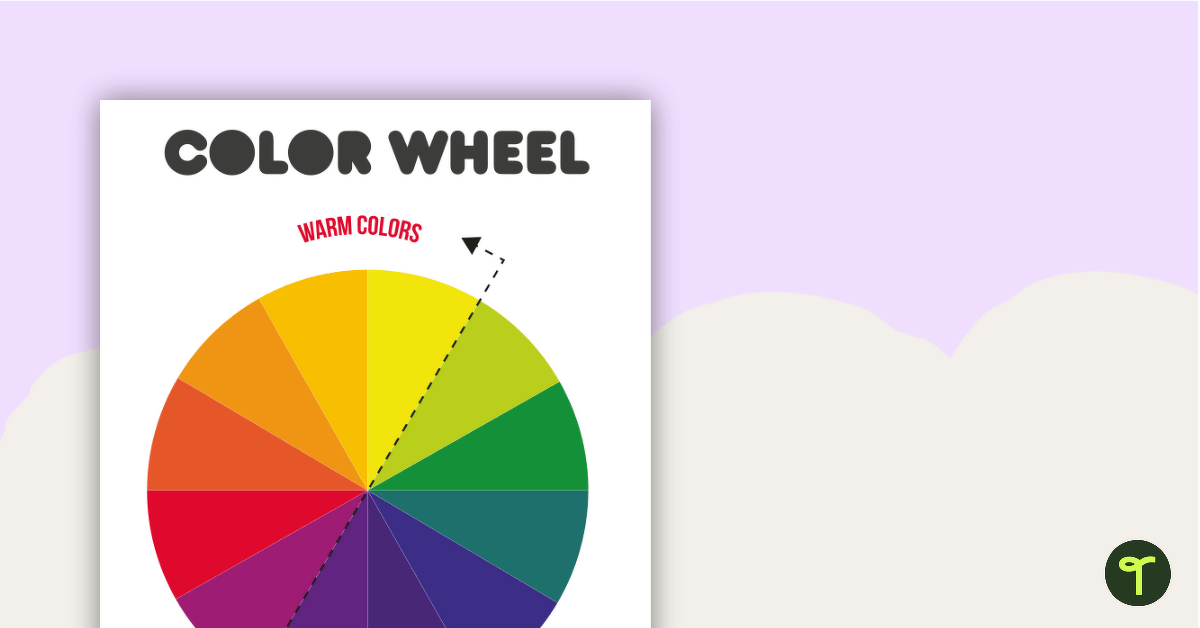
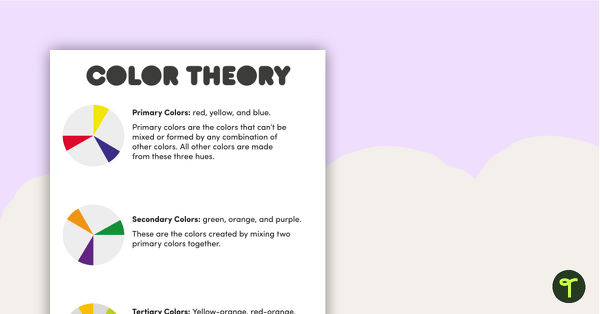
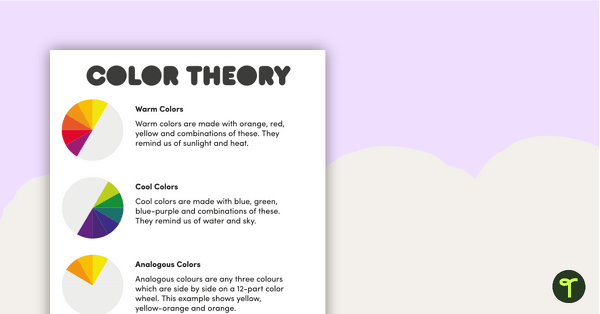

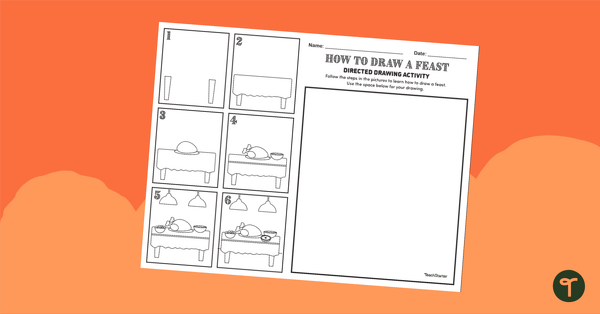
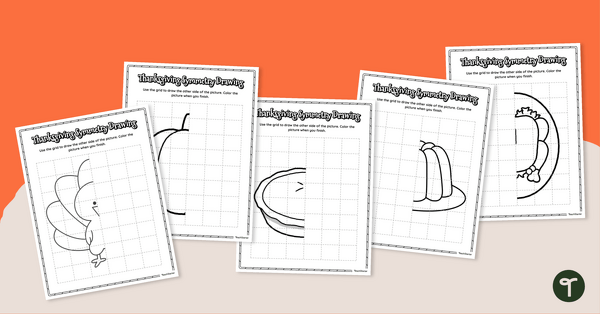
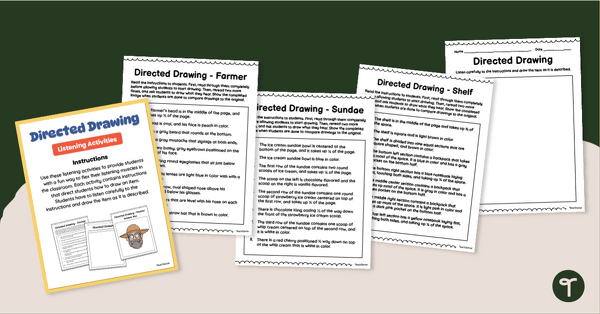
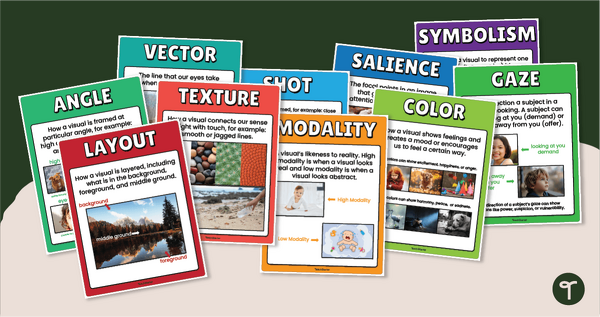
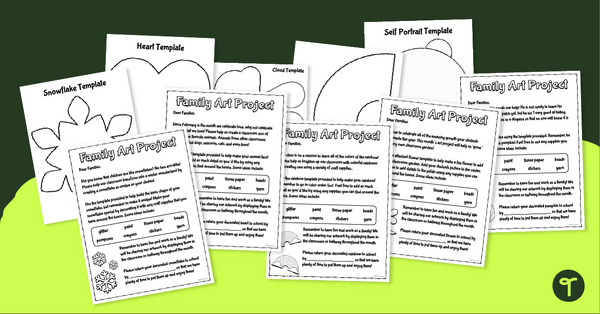
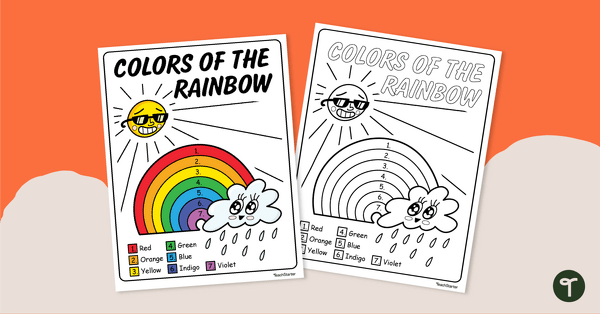
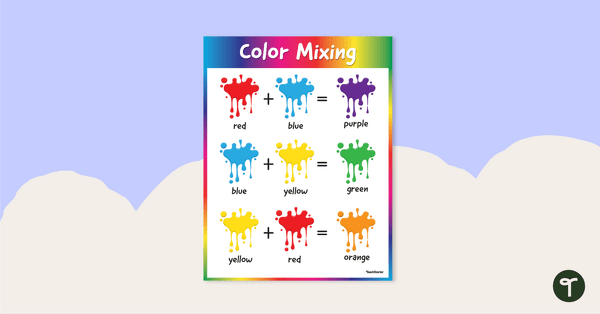
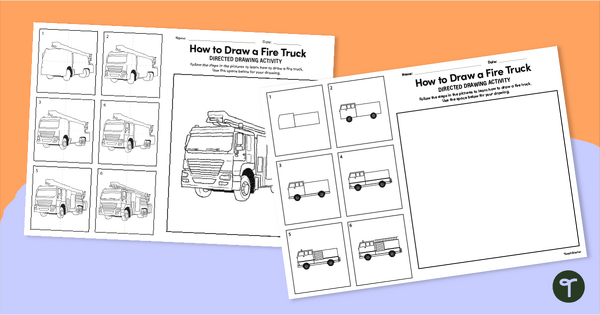
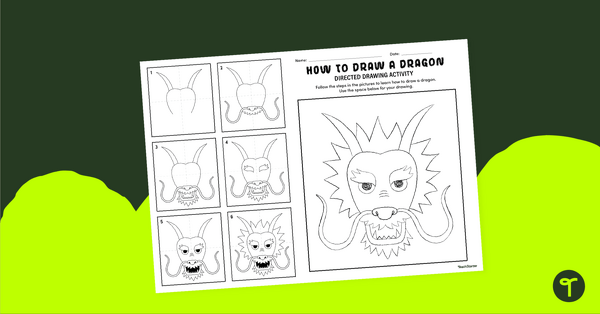
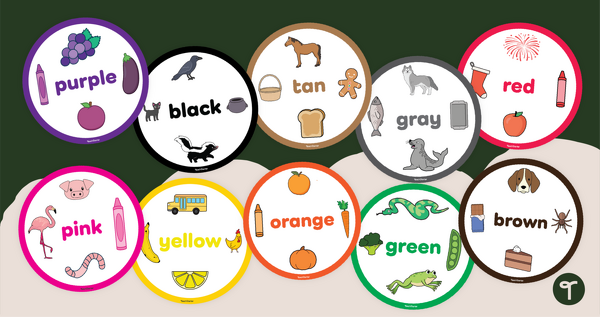
0 Comments
Write a review to help other teachers and parents like yourself. If you'd like to request a change to this resource, or report an error, select the corresponding tab above.